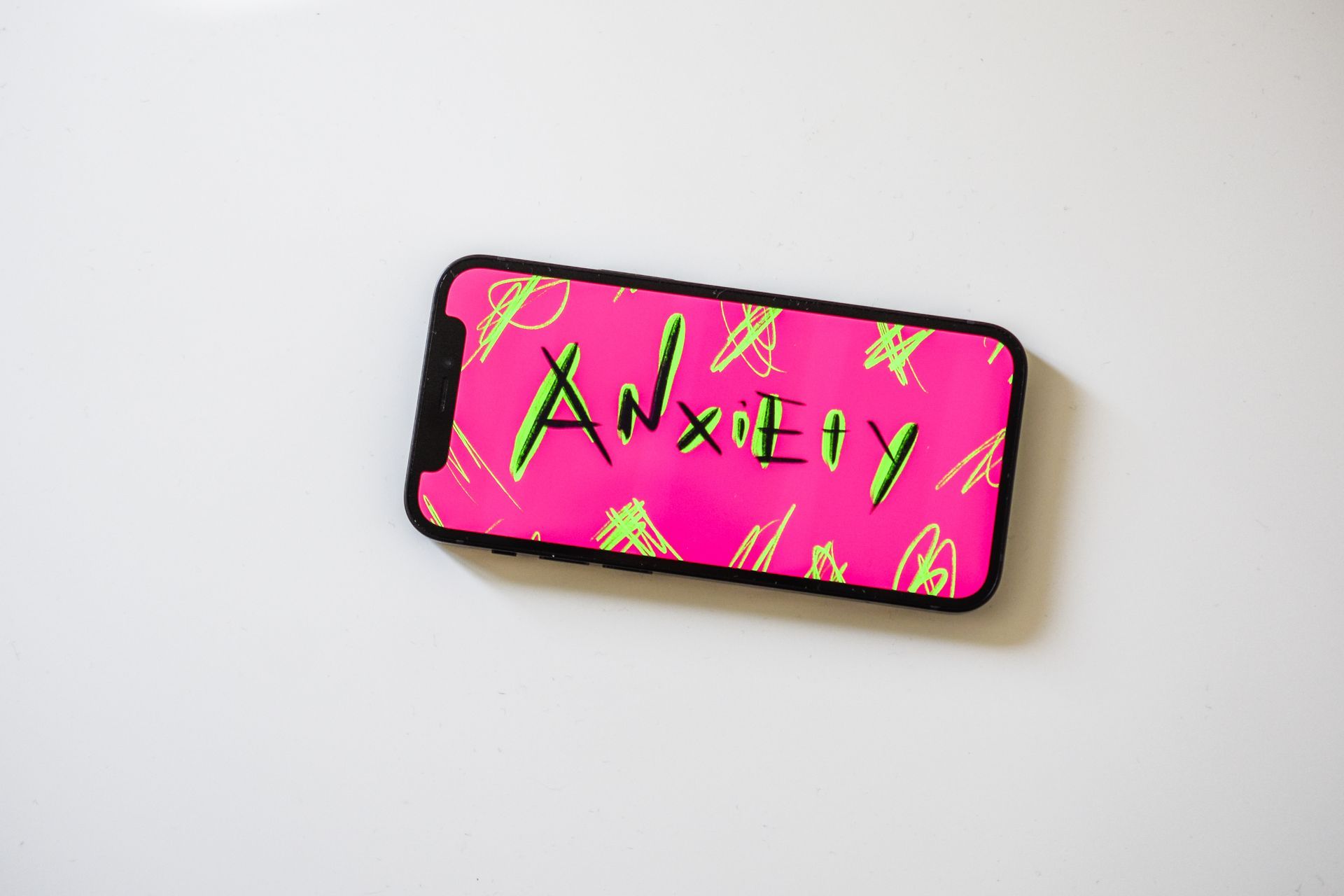The day finally came. After going through cycles of chemotherapy or radiation that took every bit of energy out of you, you are done with treatments. Everyone celebrated. Your friends and family may have come with you to the last treatment. Maybe you rang the celebratory bell before walking out of the hospital, and your loved ones and medical team cheered you on.
Everyone had been anxiously awaiting that day. You felt a huge sense of relief thinking about the challenges your body and mind endured, the moments of doubts and anxiety, the pain and fatigue that took over your body, all of which now belonged to the past.
But the sense of relief and joy you had initially felt starts fading as the days go by. Feelings of anxiety or sadness may start creeping up and you may not fully understand why.
You find it difficult to make plans and don’t quite know where to focus your energy or where to start.
All of a sudden you are discharged with instructions to come back every few months. The busyness of treatments and appointments is over and you find yourself coping with lingering side effects and a life that doesn’t feel quite like what you knew before your diagnosis.
Alongside feelings of relief or hope, other emotions can show up as well that are not as easy to manage or even understand:
Anxiety and depression
Feelings of sadness or depression are common after cancer treatments end. The seriousness of your diagnosis may start to sink in as you pause and reflect on the past few months or years. You feel overwhelmed by feelings of sadness for what you just went through and fear about the future that now feels uncertain. You may still be coping with challenging side effects or changes in your body image following treatments, all of which you are now fully realizing.
Guilt
You may feel guilty for being sad, stressed or overwhelmed when everyone else around you is celebrating the end of treatment. You may also feel guilty for not being able to fully embrace this new life when other patients you may have gotten to know during treatments are still in the midst of fighting to get better.
Fear of recurrence: “Will the cancer come back?”
Many of those who complete cancer treatments share a deep concern that the cancer may come back or progress. This fear may be triggered by physical symptoms or sudden occurrences of pain. It may also show up at the anniversary date of your diagnosis, follow-up doctors’ visits, driving by the hospital or when you are reminded of your diagnosis when someone you know share they have cancer.
1. Acknowledge that all your emotions are valid
We have a tendency to think in black or white. “I should feel happy right now, not sad.” The reality is that we can feel both! Feeling sad or worried about the future doesn’t mean that you are not relieved that treatment is over. Allow yourself to become aware of all the emotions and experiences, whether comfortable, painful, or everything in between.
“I am both happy and sad at the same time, and I'm still trying to figure out how that could be.”
Stephen Chbosky, The Perks of Being a Wallflower
2. Stay on top of your medical care and mental health care
Before doctors visits become few and far between, talk to your medical team about what to expect in the months following treatments. Get some information about side effects and how to manage them. Stay on top of follow up appointments. Know what symptoms to be on the lookout for. And talk to your team about anything else you can do at this time to improve your health and quality of life. That could include making lifestyle changes to reduce your risk of developing future health conditions, or alternative treatments to relieve the side effects of treatment.
The American Society of Clinical Oncology has developed a
survivorship care plan, which is a great tool to use with your medical team to plan for your continued care post-treatment.
As you transition into survivorship, take time to address your mental health needs as well. While a majority of patients will experience fear that their cancer might come back, this fear tends to decrease as time goes by. Occasionally, the fear may become so intense and frequent that it causes significant distress. For those who feel paralyzed by fear, making plans or thinking about the future may feel challenging. Talking to your medical team or reaching out for help from a mental health provider may be helpful at this time. Similarly, if symptoms of depression or anxiety are so salient that they get in the way of your ability to function, reaching out for help can be necessary to help you get better.
3. Self-care
Self-care refers to all the things we can do to address our emotional, psychological, and physical needs and alleviate the impact of stressors.
Self-care is intentional. You have to plan for it. It doesn’t happen on its own.
What self-care is not:
- Forcing yourself to go to yoga classes every day just because yoga is mentioned in every self-care article
- Things we have to buy
- Selfish
What self-care can look like:
- Learning to say no
- Eating a balanced diet
- Re-working your schedule to allow for an earlier bedtime
- Joining a support group or seeking therapy
- Being on top of your medical care
- Reconnecting with a friend you haven’t seen in a long time
- Creating time each day to do something that brings you joy
- Learning a new hobby
- Relaxation
- Self-compassion
There is no “one-size-fits-all” approach to self-care. It is something that you design to meet your needs.
Before you close this window and move on to the next thing on your to-do list, take a minute to think about one thing you can do for self-care today.
- What will it be and when will you do it?
- Be specific. Write it down.
- Put it in your phone with a reminder!
I am
Dr. Aurelie Lucette, a clinical health psychologist who provides
individual therapy in Miami and online throughout the state of Florida. I can help with issues related to anxiety, stress, sleep, and depression. I also specialize in therapy for adults
living with cancer ,
chronic illness, chronic pain.






